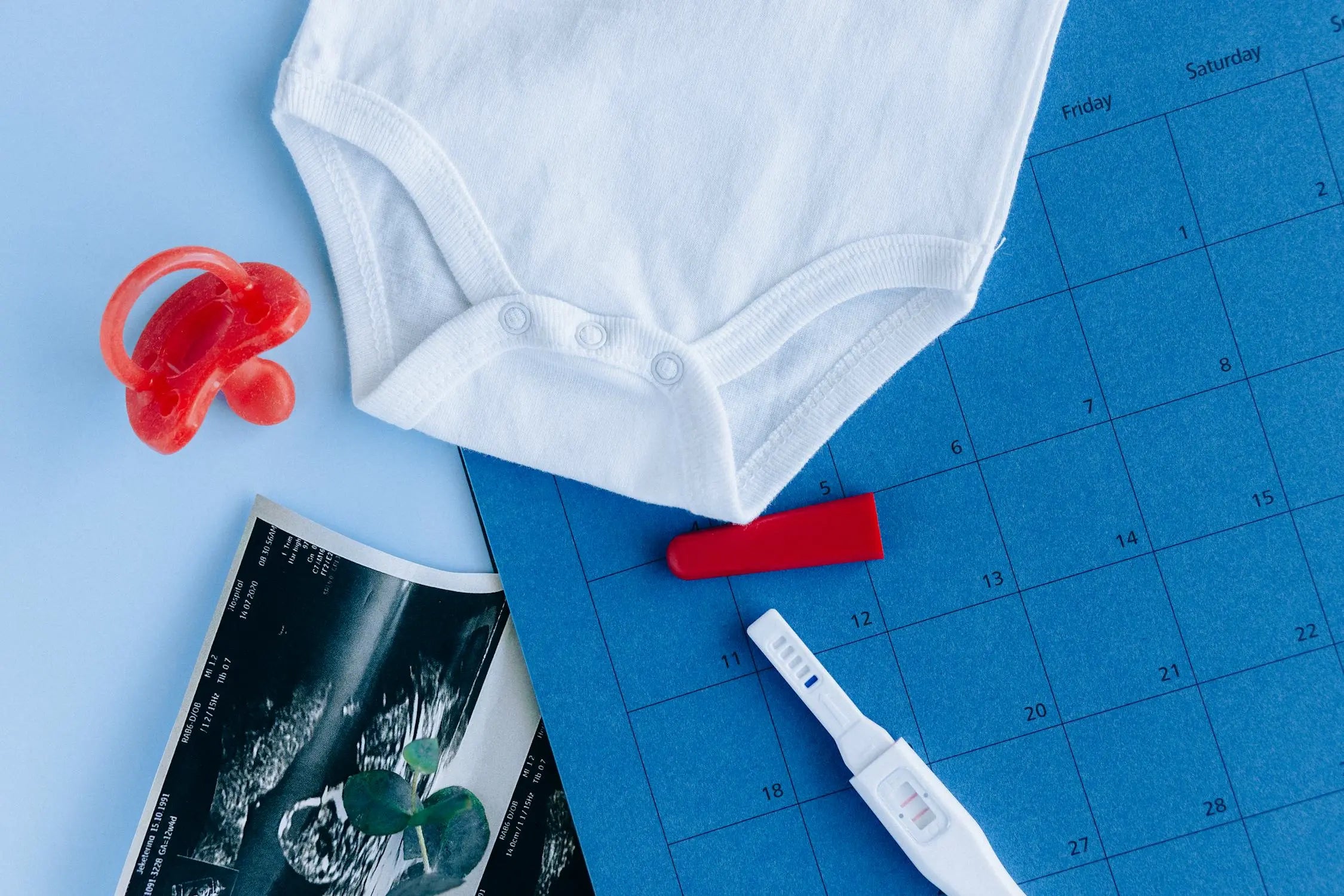Accueil
Pregnancy, Breastfeeding, and Pumping: The Ultimate Guide for Moms
Can Ovulation Test Show Pregnancy? Exploring the Possibility

Can Ovulation Test Show Pregnancy? Exploring the Possibility
When it comes to tracking fertility and detecting pregnancy, many women turn to specialized tests for accurate results. However, confusion often arises about whether an ovulation test can show pregnancy. This article delves into the science behind these tests, their similarities, and why they might sometimes overlap in function.
Understanding Ovulation Tests
Ovulation tests are designed to detect the surge in luteinizing hormone (LH) that occurs just before ovulation. This hormone spike triggers the release of an egg from the ovary, marking the most fertile period in a woman's menstrual cycle. These tests are typically used by women trying to conceive, as they help pinpoint the best time for intercourse to maximize the chances of pregnancy.
How Ovulation Tests Work
Ovulation tests work by measuring the levels of LH in urine. When the LH surge is detected, it indicates that ovulation is likely to occur within the next 24 to 36 hours. These tests are highly accurate when used correctly and are a valuable tool for women who are actively trying to conceive.
Can Ovulation Test Show Pregnancy?
While ovulation tests are not designed to detect pregnancy, there are instances where they might show a positive result in pregnant women. This is because both LH and human chorionic gonadotropin (hCG), the hormone detected by pregnancy tests, share a similar molecular structure. In some cases, an ovulation test may mistakenly detect hCG as LH, leading to a false positive result.
Why This Happens
The molecular similarity between LH and hCG is the primary reason why an ovulation test might show pregnancy. Both hormones are glycoproteins and have nearly identical alpha subunits. This similarity can cause cross-reactivity in ovulation tests, especially in early pregnancy when hCG levels are rising but are still relatively low.
Differences Between Ovulation and Pregnancy Tests
While ovulation tests detect LH, pregnancy tests are specifically designed to detect hCG. Pregnancy tests are more sensitive to hCG and are calibrated to provide accurate results even at low levels of the hormone. Ovulation tests, on the other hand, are optimized to detect the LH surge and are not as reliable for pregnancy detection.
When to Use Each Test
Ovulation tests should be used when trying to determine the most fertile days of the menstrual cycle. Pregnancy tests, on the other hand, are designed to confirm pregnancy after a missed period or other early signs of pregnancy. Using the right test at the right time ensures accurate results and avoids confusion.
Limitations of Ovulation Tests for Pregnancy Detection
While an ovulation test might occasionally show pregnancy, it is not a reliable method for confirming pregnancy. The cross-reactivity between LH and hCG is inconsistent, and false positives or negatives can occur. For accurate pregnancy detection, a dedicated pregnancy test is always the best option.
Other Factors to Consider
Certain medical conditions or medications can also affect the results of ovulation and pregnancy tests. For example, conditions like polycystic ovary syndrome (PCOS) can cause elevated LH levels, leading to false positives on ovulation tests. Similarly, fertility treatments that involve hCG injections can interfere with both ovulation and pregnancy test results.
Tips for Accurate Testing
To ensure accurate results, always follow the instructions provided with the test. Use ovulation tests during the expected fertile window and pregnancy tests after a missed period. If you suspect pregnancy but receive a negative result, wait a few days and retest, as hCG levels increase rapidly in early pregnancy.
When to Consult a Healthcare Provider
If you have concerns about your test results or are experiencing unusual symptoms, it's important to consult a healthcare provider. They can perform blood tests or ultrasounds to confirm pregnancy or diagnose other underlying conditions that might be affecting your hormone levels.
Understanding the differences between ovulation and pregnancy tests can help you make informed decisions about your reproductive health. While an ovulation test might occasionally show pregnancy, it's always best to use the right tool for the job. Accurate testing not only provides peace of mind but also ensures that you are taking the right steps toward achieving your fertility goals.
Partager

